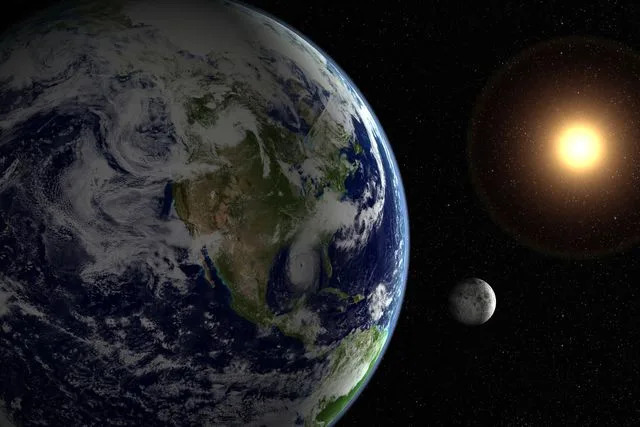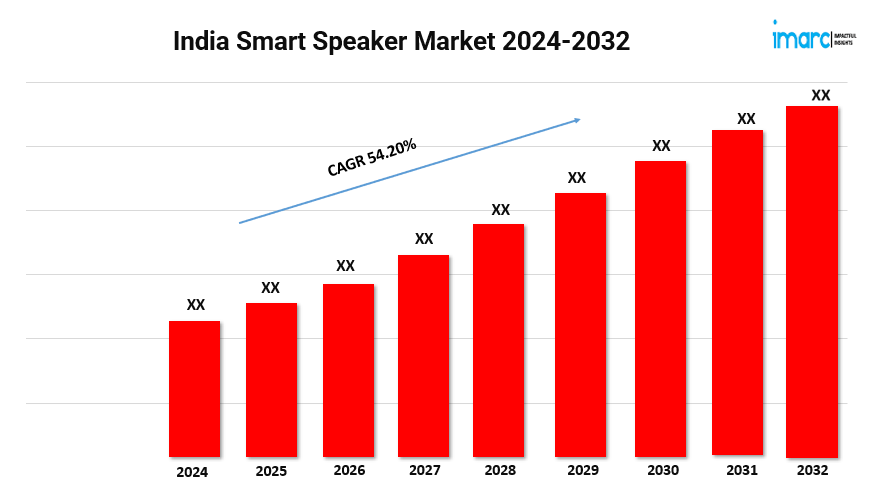NEED TO KNOW
Scientists are predicting that July 9, 2025, will be one of the shortest days in recorded history
July 22 and Aug. 5 are also predicted to clock in slightly shorter than average
Scientists are not totally able to explain the phenomenon, but have proposed adding a "leap second" to the day as soon as 2029
Everyone has the same 24 hours to get things done in a day. However, they're going to have a little less time on Wednesday, July 9.
That's because the day will be going on record as one of the shortest in history, according to scientists.
The 24-hour length of a day is based on the amount of time it takes Earth to complete one rotation on its axis. Twenty-four hours translates to approximately 86,400 seconds.
On July 9, experts suggested that the day might be approximately 1.3 milliseconds shorter than average, according to TimeAndDate. Citing the International Earth Rotation and Reference Systems Service, The Tab reported that people might even have 1.6 milliseconds less in their day.

Getty
The Earth Moon and Sun in spaceA similar trend is expected to occur with infinitesimally small days on July 22 and August 5.
While it's unclear exactly what is happening to speed up Earth's rotation, the outlets noted that this has been a recurring trend since 2020. There have been several days that have clocked in at roughly a millisecond shorter than normal.
July 5, 2024, currently holds the record for the shortest day, clocking in 1.66 milliseconds short of the average.
One theory is that Earth's distance from the moon will impact the length of a rotation, according to Popular Mechanics.
Research has also suggested that humanity has changed the length of a day. According to USA Today, a study conducted by NASA suggested that "dwindling ice and groundwater and rising seas" was leading to days that are 1.33 milliseconds longer.
What does it mean that July 9 will be shorter than average?
For most people, nothing. Even 1.6 milliseconds is too short a length of time for a human to process. To put things in perspective, TimeAndDate reported that it typically takes a person 100 milliseconds to blink.
That means the day will be shorter by dramatically less than the blink of an eye.
However, even minuscule changes in time can throw off some of the technology that humanity relies on in modern times.
Dr. Michael Wouters, time and frequency lead at the National Measurement Institute in Australia, told The Guardian that computer, GPS systems and electricity networks can go on the fritz if timing is off by a billionth of a second.
He told the outlet that even banking systems could be thrown out of whack.

Getty
Stock image of a clockNever miss a story — sign up for PEOPLE's free daily newsletter to stay up-to-date on the best of what PEOPLE has to offer, from celebrity news to compelling human interest stories.
"We’re transmitting data so quickly, and it all needs to be time tagged, so computers know what data goes where,” he said.
The Tab reported that if things continue on this trend, a "leap second" might be introduced in 2029. This means that the day will be recorded as roughly one second longer on average. The outlet cited a report by the International Earth Rotation and Reference Systems Service and noted that one was previously added to clocks in 2016.
It's worth noting that the length of a day has changed over the years.
In the age of the dinosaurs (more than 50 million years ago), it took Earth 23 hours to finish a rotation. Two hundred million years from now, a day might last for as long as 25 hours.
Read the original article on People














